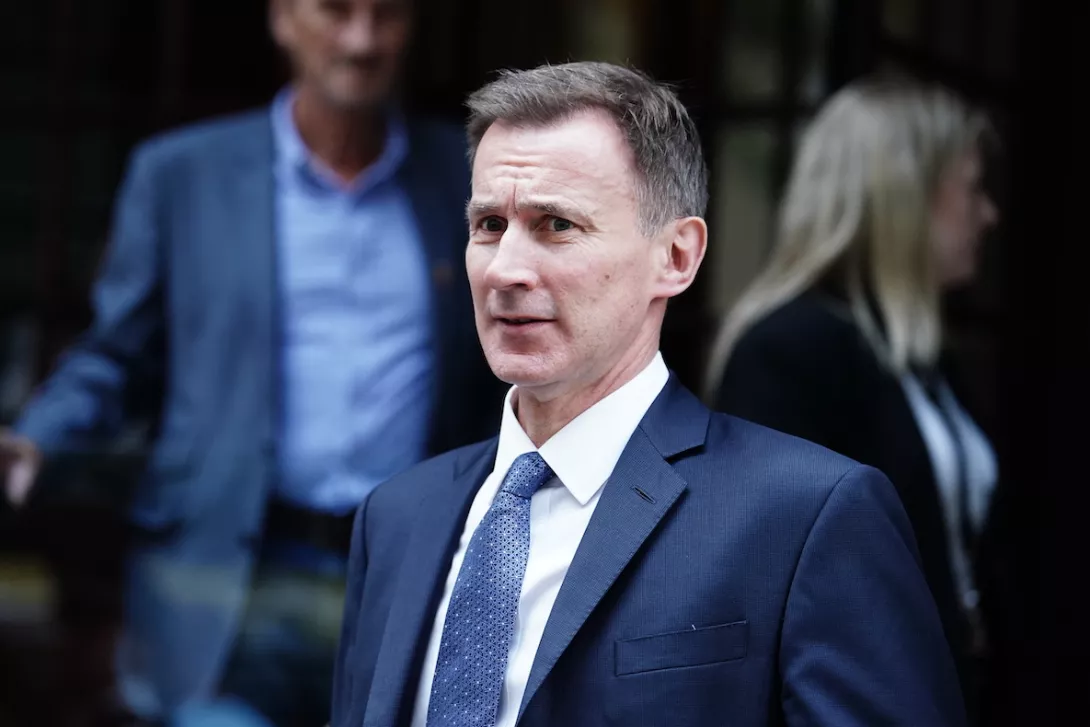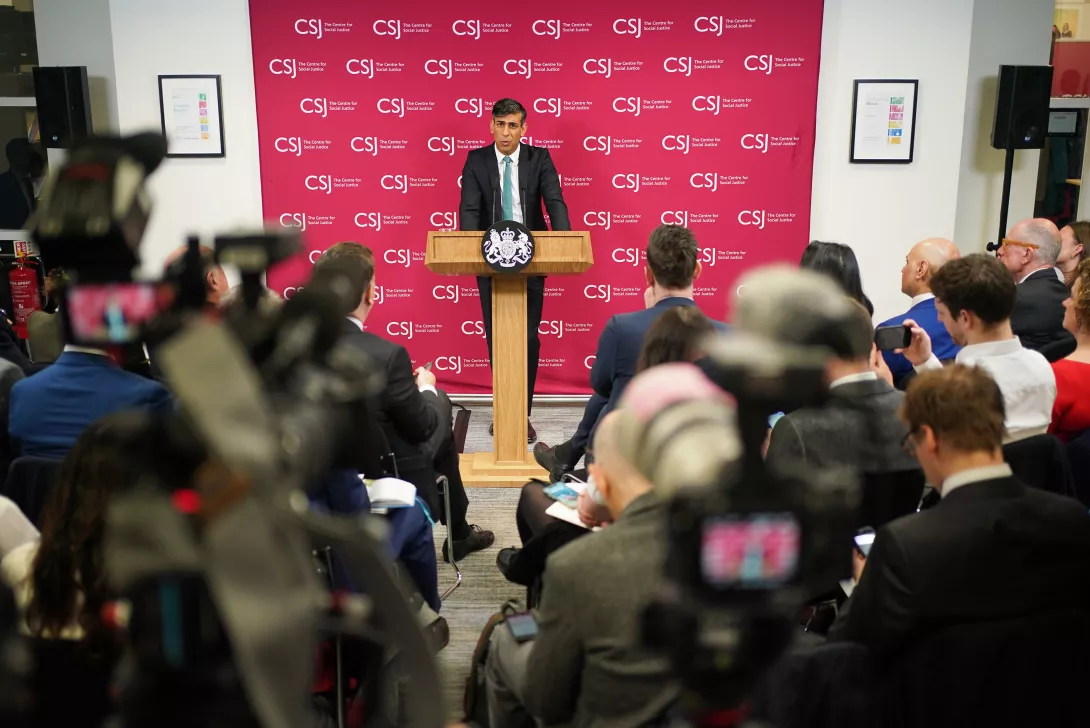Jeremy Hunt’s mental health policy: kicking us while we’re down
It looks like the Tories are once again gearing up to scapegoat some of the weakest in our society under the guise of 'getting people back to work' instead of solving any underlying issues, writes SYMON HILL

NOTHING illustrates the absurdity of Tory rule more than the mental health crisis facing Britain.
Chancellor of the Exchequer Jeremy Hunt is taking nonsensical solutions to a new level by trying to stop people from taking time off work for mental health reasons — while not promising any new funding for already underfunded mental health services.
According to the Financial Times (August 25), “Jeremy Hunt plans to use the Autumn Statement to tackle the sharp rise in people unable to work because of mental health issues.”
More from this author

Behind headlines of bishops’ resignations and brutal abuse lies the deeper story of class privilege and power, as religious institutions face a stark choice between serving the elite or standing with the oppressed, writes SYMON HILL

Far right claims to be ‘standing up for Christian Britain’ are false and aimed at stoking up hate – but Christians must step forward and loudly speak out against them, says SYMON HILL

It may be risible to see 59-year-old Boris Johnson offer to sign up to do battle with Russia, but this is all part of a carefully constructed rise in the acceptability of warmongering that we must expose and reject, writes SYMON HILL

On May 1 the Peace Pledge Union carried out a series of actions nationwide against what is largely regarded as a war that 'almost all' British people supported — not true, writes SYMON HILL, revealing a hidden history of resistance
Similar stories













